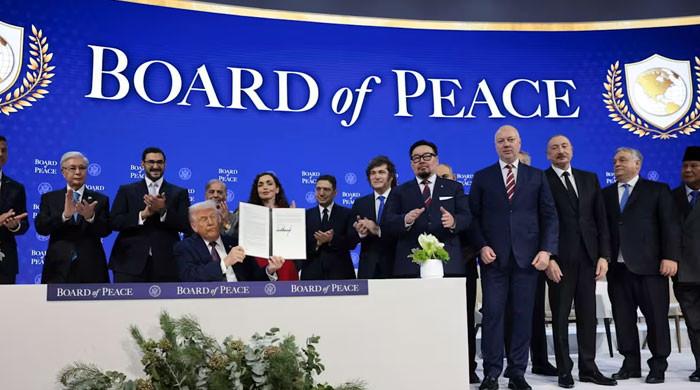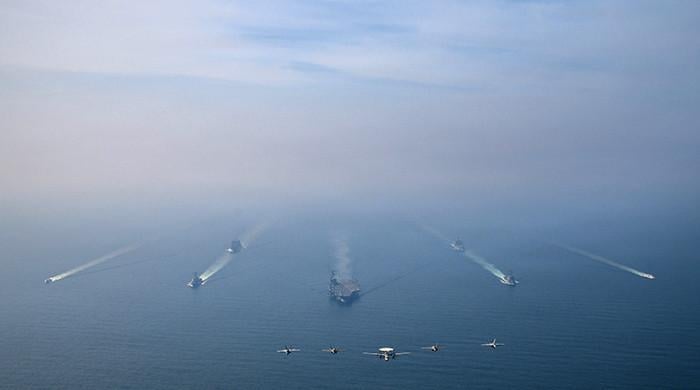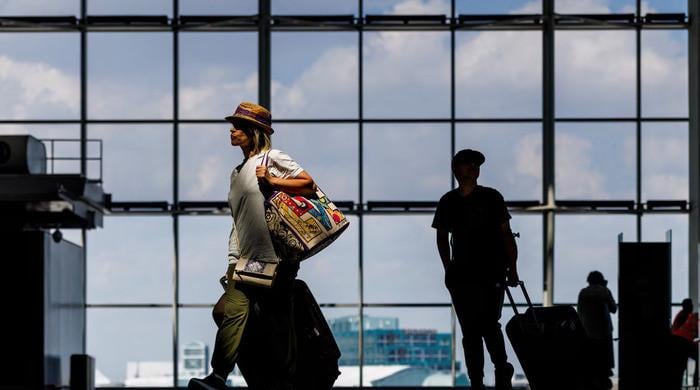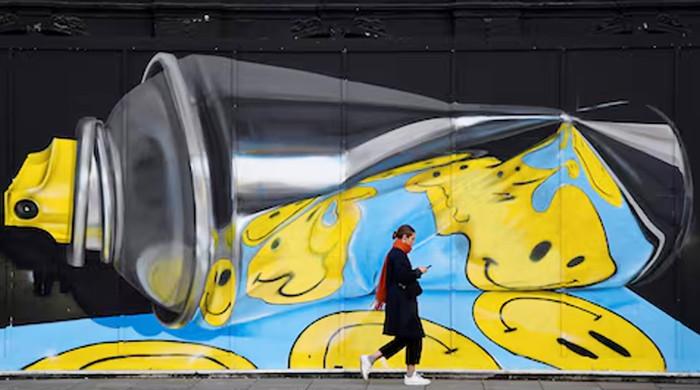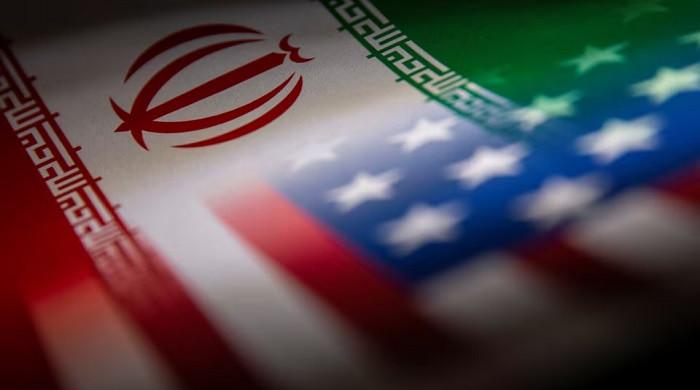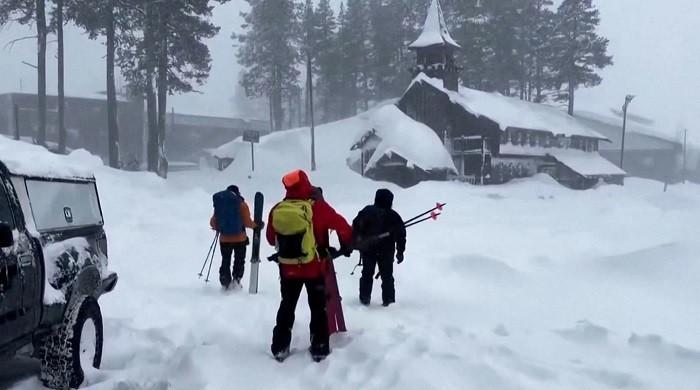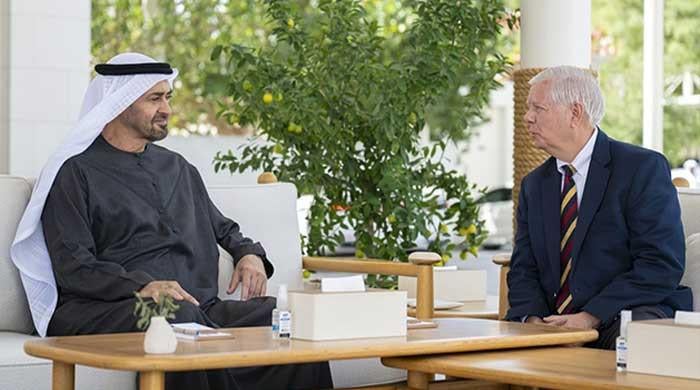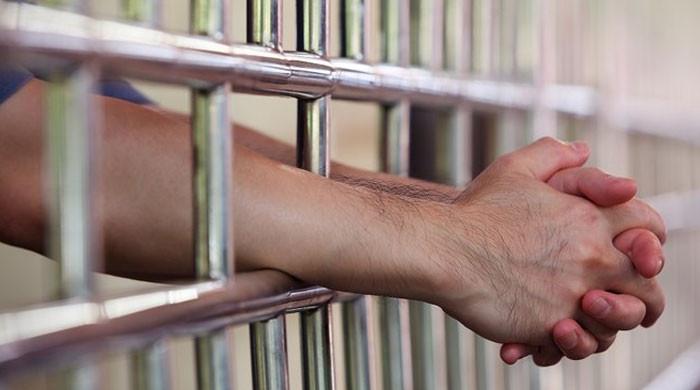Brussels mayor imposes curfew in Molenbeek
The curfew bans gathering of more than three people from 9am to 5pm
March 04, 2017
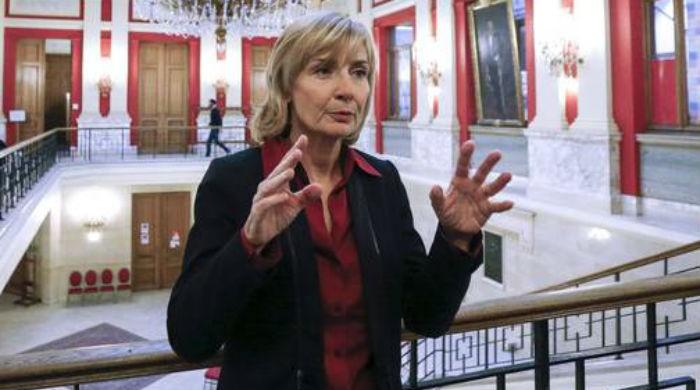
BRUSSELS: Mayor Francoise Schepmans issued on Saturday an executive order imposing partial curfew on Molenbeek, a municipality dominated by Moroccans.
The curfew bans the gathering of more than three people from 9:00 AM to 5:00 PM. The locality is known for its radicalised youth and its allegedly deep connections with international terrorists organisations such as Daesh.
The area came into limelight after the main culprits of Paris attacks, a series of coordinated attacks which killed 130 people in November 2015, were arrested from here.
According to the internal reports of relevant departments, the café culture of Molenbeek is dominated by unemployed and deeply radicalised youth who hang around and drink mint tea endlessly drawing strength from the deeply conservative community. Previously, the locality has shared a tense relationship with the police. The socialist establishment, however, have been more lenient towards the immigrants.
The mayor has imposed curfew following talks with police, the Brussels transport company and the local housing company. The decision was taken after local residents complained of growing verbal and physical stressing as well as drug dealing
The local housing company has agreed to improve lighting, install closed circuit television camera (CCTV) and hire more people to keep the area clean.
Area’s police chief, Johan De Decker said, "They [the miscreants] deal drugs, ring people's doorbells at night, set fire to rubbish bins and congregate in the entrances of buildings."
Around 3,308 non-governmental organisations (NGOs) in Belgium have been subjected to judicial investigation, out of which 144 were found to have links with terrorist organisations.
Almost all of these NGOs are located in Molenbeek. These NGOs show enormous activities on the paper, from youth movements to sports or even running tea houses.
These NGOs are rigorously being checked if they are receiving illegal subsidies from the local authorities.
The police have also investigated over 8,600 houses to check whether occupants had proper registration papers or they were residing illegally.




